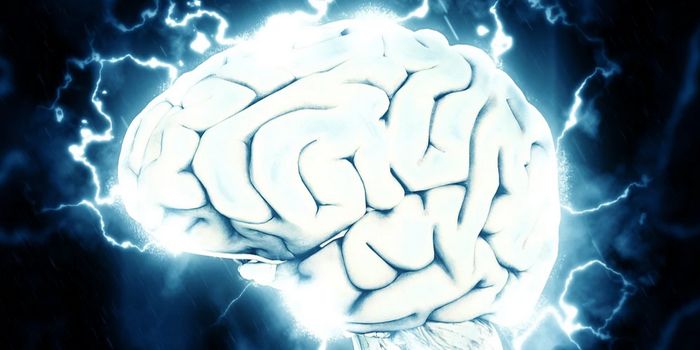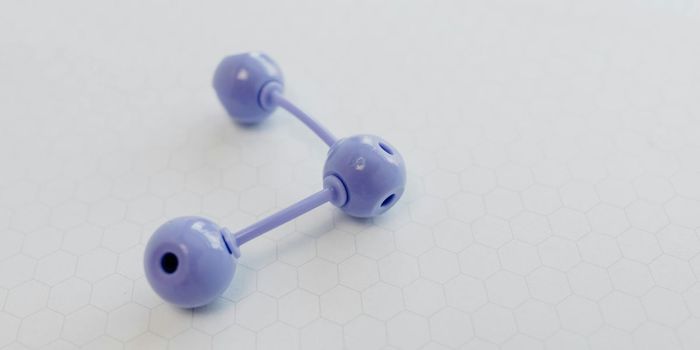How Major Depression Affects Negative Memories
Major Depressive Disorder (MDD) is a debilitating condition that goes well beyond the usual blues. It's the leading cause of disability in the United States for people aged 14 to 44. MDD affects more than 16.1 million American adults, or about 6.7%of the U.S. population in any given year.
While it can appear at any age, the median age for the first onset of MDD symptoms is 32. It's more prevalent in women than in men but regardless of gender, the condition is painful for people to cope with and research into better treatments is ongoing.
A recent study showed that patients who have MDD feel more negative emotions when asked to recall painful memories and experiences than those who do not suffer from depression. Patients with MDD were just as able to control these negative thoughts as healthy individuals, but scans showed that there are different brain circuits involved for MDD patients who are trying to control the negative feelings that crop up when they recall painful times.
The study used functional MRI imaging to see what was happening in the brain when painful memories were recalled. There were 29 men and women included in the study who suffered from MDD, and their scans were compared to the scans of 23 healthy individuals. Parts of the brain that showed activity were the amygdala and the hippocampus, both of which are involved in processing emotions and memory.
Lead author of the work Bruce Doré, PhD, of University of Pennsylvania explained how patients with MDD used strategies to tamp down on rumination of negative thoughts, stating, "When they were using this strategy, people with MDD showed a pattern of brain activity that was comparable to what was shown by the healthy controls, with one key difference—greater dampening of a region of posterior hippocampus that has been associated with recalling specific memory details." While patients who have MDD struggle daily with remembering painful memories and processing those feelings, they have developed strategies to keep those thoughts from rendering them incapable of dealing with everyday life.
RELATED: Drug Delivery for Depression
Dr. Doré stated that this is normally how these patients get through tough times, writing, "This is generally consistent with a growing body of work suggesting that people with MDD are able to regulate their emotions when instructed to, but they may tend towards doing so in an abnormal manner, such as being more likely to use problematic strategies like distraction and rumination in daily life." While the activity between the hippocampus and the amygdala was not typical, it seems to be how patients with persistent depression have learned to cope with their illness. Previous research has shown that some video games can also help patients stop focusing on their negative memories and better cope with their disease. The video below has more information on this new finding. Check it out.
Sources: Biological Psychiatry, Reliawire









